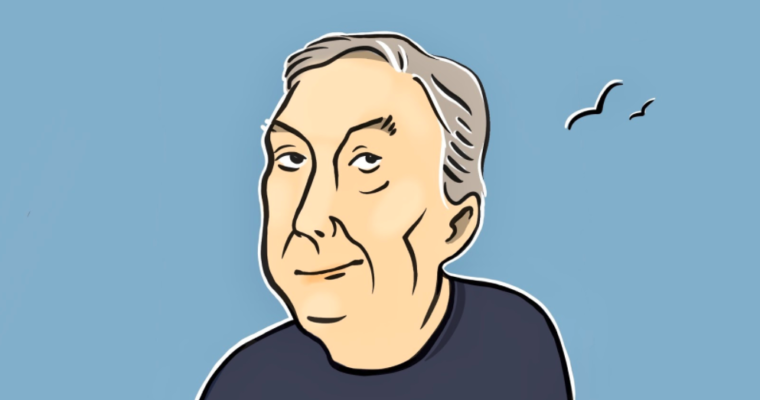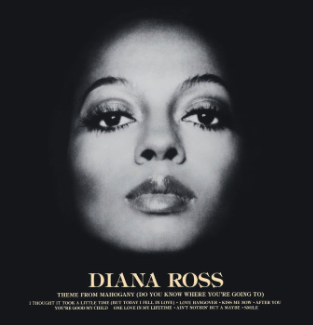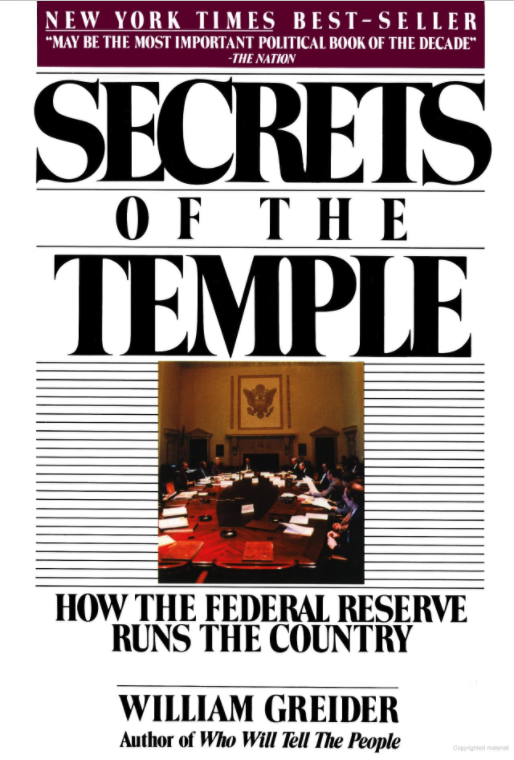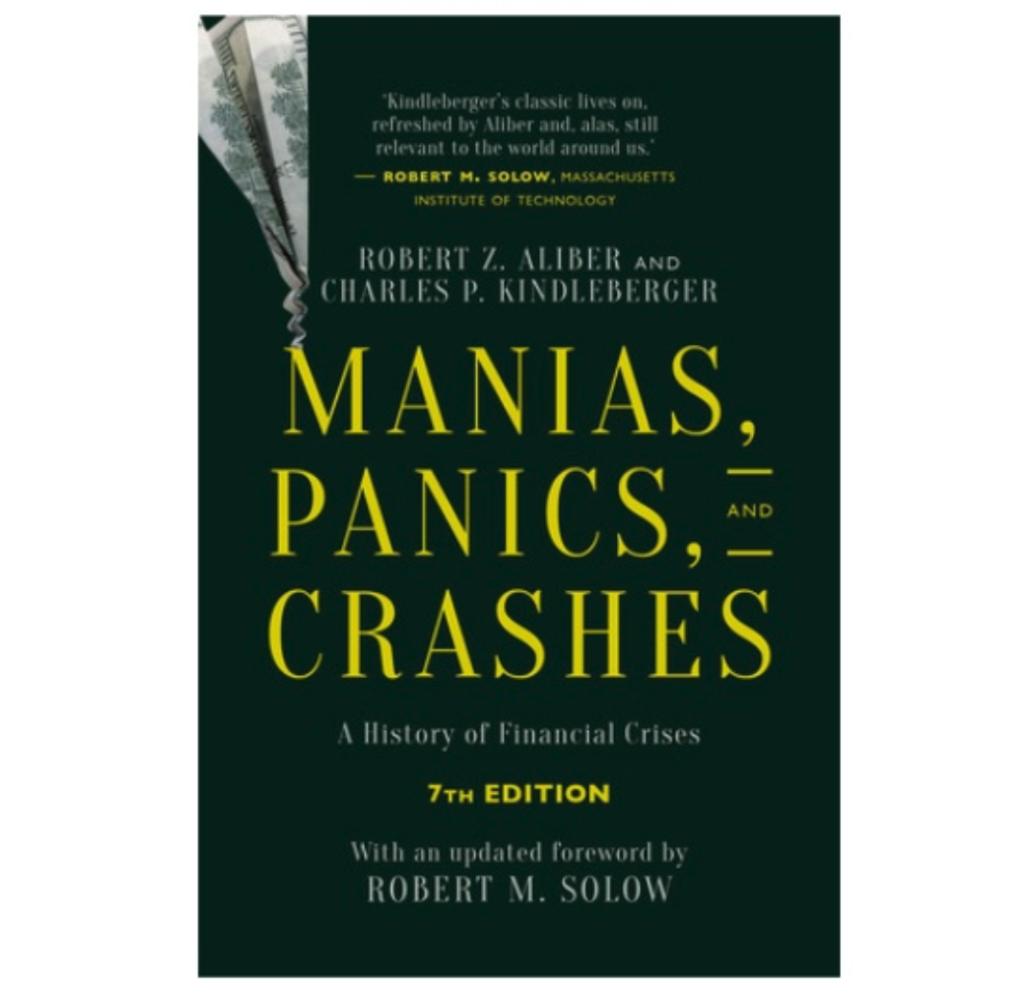Rob Johnson, President of the Institute for New Economic Thinking, is not your average economist. He’s got heart and soul, or if you’ll have it, the blues! With his deep connection to the arts and humanities, Rob leads the new economic thinking not just with a sharp mind, but also with sensibility.
This article is part of an ongoing series in which Rob shares his life experiences, and biggest lessons learned. If you’re an aspiring expert in economics or a related field, this is for you. It might mitigate the depth and duration of your mid-life crisis. Earlier articles in this series can be found here.
5 – On becoming mickey mantle
“When I got to know Soros in the late 1980s, he introduced me to this guy he’d hired: Stanley Druckenmiller. Stan was an absolute genius. In those days —before LeBron James—I’d call him the Michael Jordan of traders. The three of us came to have frequent discussions about the state of the world and strategy. There clearly was a strong connection between Soros and I; a kind of a strategic side and an intuitive side, which I was very in sync with him about. Largely because the work of Charles Kindleberger (who had inspired me to become an economist) resonates with Soros’ approaches.
And it seemed that Stanley and I could be a very good team. Stanley was a much better trader than I, but I could augment him as a kind of sounding board, and be a constructive critic on strategy. I think Soros believed in teams as a way to diminish error; if you have two bright people who trust each other working together, you’ll know that when both of them give the green light on something, the likelihood of success is pretty good.
So at one point, they offered me a job with them. But I wasn’t so sure. I didn’t think I was ready. I looked at them and I used a baseball analogy: I said “you’re Babe Ruth and you’re Lou Gehrig but I’m not yet Mickey Mantle!” I knew that if I joined, there may not be that much time to learn the ropes; the firm had a reputation for hiring people quickly. And if someone didn’t work out, they’d just throw them back out. So, I wanted to strengthen myself first. But when I said that, Soros looked at me and he said, “well, Robert, if you want to stay in the womb and not be born, that’s your problem.” He was tough love.
So, I kept working at Bankers Trust. At this time, I was trying to build a long, short fund in Asia. My clients were like the Government of Singapore Investment Corporation, and others who had reserve management in the Asian countries. The Asian system was not as formal as the ERM, and I learned how to play with it. And they could learn by watching me; I agreed I’d report my positions to them every week.
Then, the following spring, in 1992, they had what was called the Maastricht Vote, and the Danish voted against affirming the Maastricht Treaty. Everybody’s position, including ours, had been really long the periphery, and short the core. And Germany was going through unification and unification required a very big fiscal stimulus. I actually understood the situation fundamental textbook macroeconomics. You have a nominal exchange rate that’s locked or within a narrow band. And you have in Germany a stimulus, in the real sector, from the fiscal rebuilding of East Germany. That puts pressure on the system, so have to allow the real exchange rate to appreciate.
At that point, you can do one of three things: 1) You can break the German Mark out and let it rise, 2) You can let Germany inflate, which was undesirable in their minds after the hyperinflation in the 1920s, 3) You can deflate everybody else. So, we started to watch the situation. Everybody had all these positions; not just speculative funds. Lots of corporations were funding themselves in Deutschmarks at eight percent rather than at Swedish kroner at 12 percent. They were saving on what you call “the carry.” The pressure in the system was going to build up. Then, in May, the French announced that they were going to hold a vote in September. That was my cue to schedule a dinner with Stanley Druckenmiller.
Stan and I got together at an Italian restaurant on the East Side. We talked through the strategy together and at one point I said “I think I’m Mickey Mantle now; I think it’s time I come work with you guys.” So Stan and I talked for a while. And then, that same night, he talked to George, and they made me an offer that I accepted…”
Earlier articles in this series can be found here.
Subscribe to receive the next article directly to your inbox! And in the mean time, take a look at Rob’s podcast Economics and Beyond, available wherever you get your podcasts.





